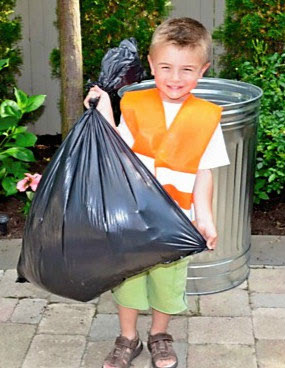http://farm8.staticflickr.com/7126/7553696324_9cf7ae6e85_z.jpg
I missed this when it was fresh news last year, but it seems a new Cinderella movie rubbed feminists the wrong way ( https://www.yahoo.com/parenting/cinderella-sparks-backlash-after-returning-to-113883671942.html?soc_src=mail&soc_trk=ma ).
“Cinderella” is a fairy tale from hundreds of years ago. Today it has the potential to wreak psychic havoc on the minds of little girls, according to a “feminist psychotherapist.” Hey, after you’ve listened to some feminist music for a while, you may want to get into a bit of psychotherapy: but by all means, only feminist psychotherapy. Whatever that is. Just make sure you hop aboard before it turns back into a pumpkin.
Because nobody was right about anything until around 1990, it’s necessary to cut off the human race from its history. Only let people see and read the things feminists, “gay” activists, gender coaches, and academics think they should be able to see and read.
As we learn from modern fairy tales, such as Scholastic Books’ Spirit Animals series, the right way to present life to little girls is to show an 11-year-old super-girl beating the daylights out of grown men, or even killing them. This is much more healthy, psychologically. It will do much to prepare girls for real life.
And after a few feminist fairy tales, a few hours of feminist music, and maybe a session or two of feminist psychotherapy, the victim goes out to the movies to see 50 Shades of Grey.
There’s a lesson in that somewhere. I’m sure there is.
